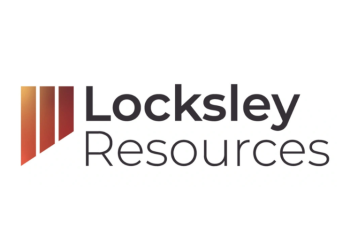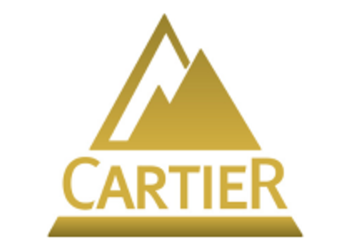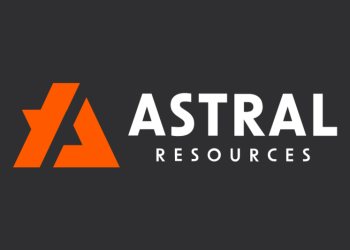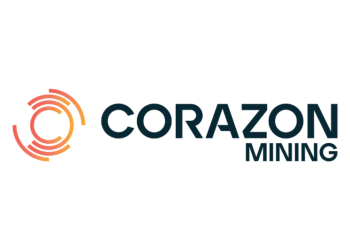Investing
Locksley Resources LimitedReceives up to US$191M Potential Support from EXIM Bank
Perth, Australia (ABN Newswire) – Locksley Resources Limited (ASX:LKY,OTC:LKYRF) (FRA:X5L) (OTCMKTS:LKYRF) announced the receipt of a Letter of Interest (‘LOI’)...
Read moreCartier Resources
Investor Insight Cartier Resources presents a compelling gold investment opportunity, driven by a growing Abitibi resource, solid institutional support, and...
Read moreEditor’s Picks: Gold Price Recovers from Biggest One-Day Drop in 12 Years
The gold price declined from its recent all-time highs this week, sinking to nearly US$4,000 per ounce and recording its...
Read moreEd Steer: Silver Rally Now Unstoppable, Price to Hit Triple Digits
Ed Steer of Ed Steer’s Gold and Silver Digest shares his thoughts on silver’s run past US$50 per ounce, saying...
Read moreFeysville Land Use Agreement Signed With Marlinyu Ghoorlie
Astral Resources (AAR:AU) has announced Feysville Land Use Agreement Signed With Marlinyu Ghoorlie Download the PDF here. This post appeared...
Read moreCanadian Investment Regulatory Organization Trade Resumption – QIM
Trading resumes in: Company: Quimbaya Gold Inc. CSE Symbol: QIM All Issues: Yes Resumption (ET): 8:15 AM CIRO can make...
Read moreVince Lanci: Silver’s London Liquidity Crisis — What’s Happening, What’s Next
Vince Lanci of Echobay Partners explains what’s driving silver’s record-setting price run. According to Lanci, who is also a professor...
Read moreCSE Bulletin: MOC Eligibility Update
The following CSE-Listed symbol will become MOC Eligible as detailed below. Symbol Company Name Effective Date AIML AI/ML Innovations Inc....
Read moreConvertible Note and Placement
Carbonxt Group (CG1:AU) has announced Convertible Note and Placement Download the PDF here. This post appeared first on investingnews.com
Read moreCompletes Two Pools Gold Acquisition
Corazon Mining (CZN:AU) has announced Completes Two Pools Gold acquisition Download the PDF here. This post appeared first on investingnews.com
Read more










